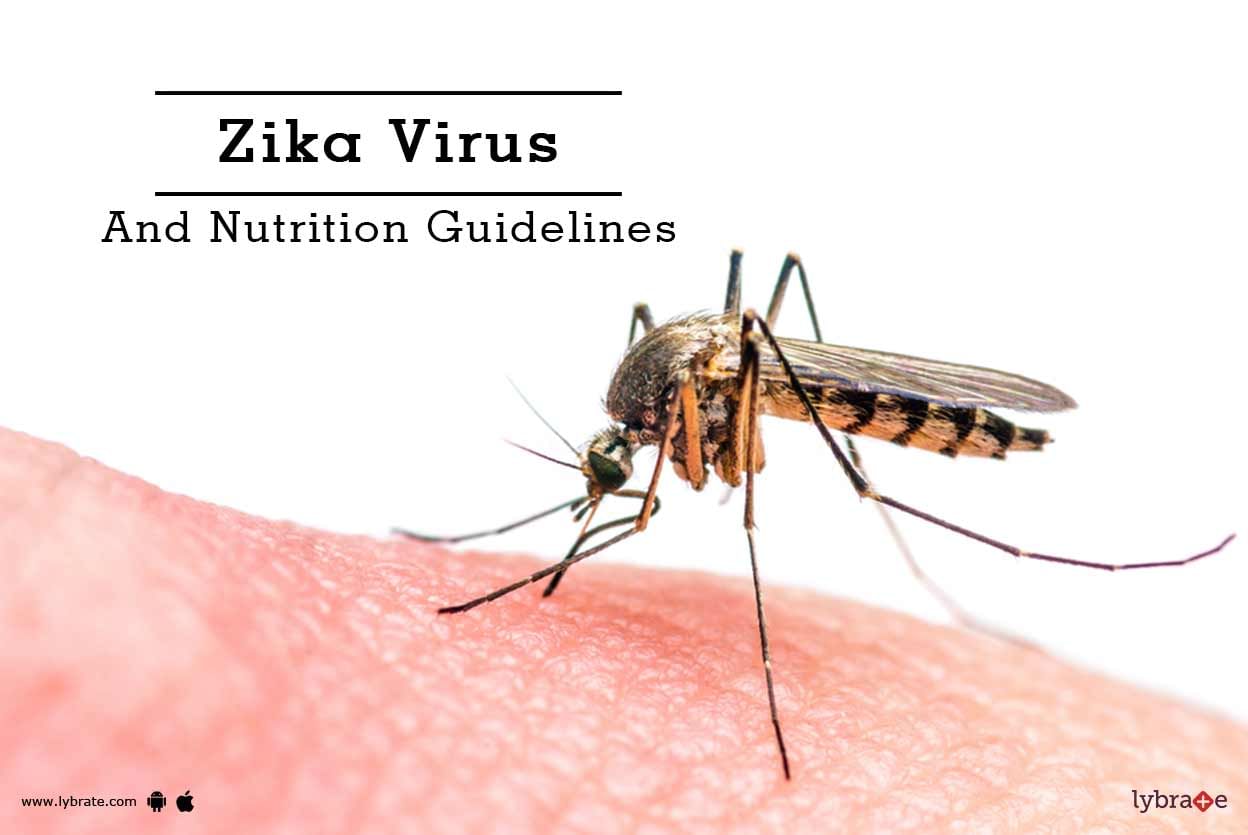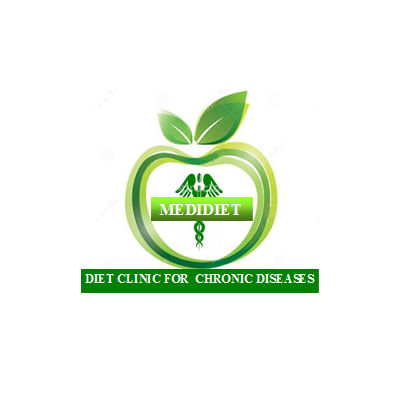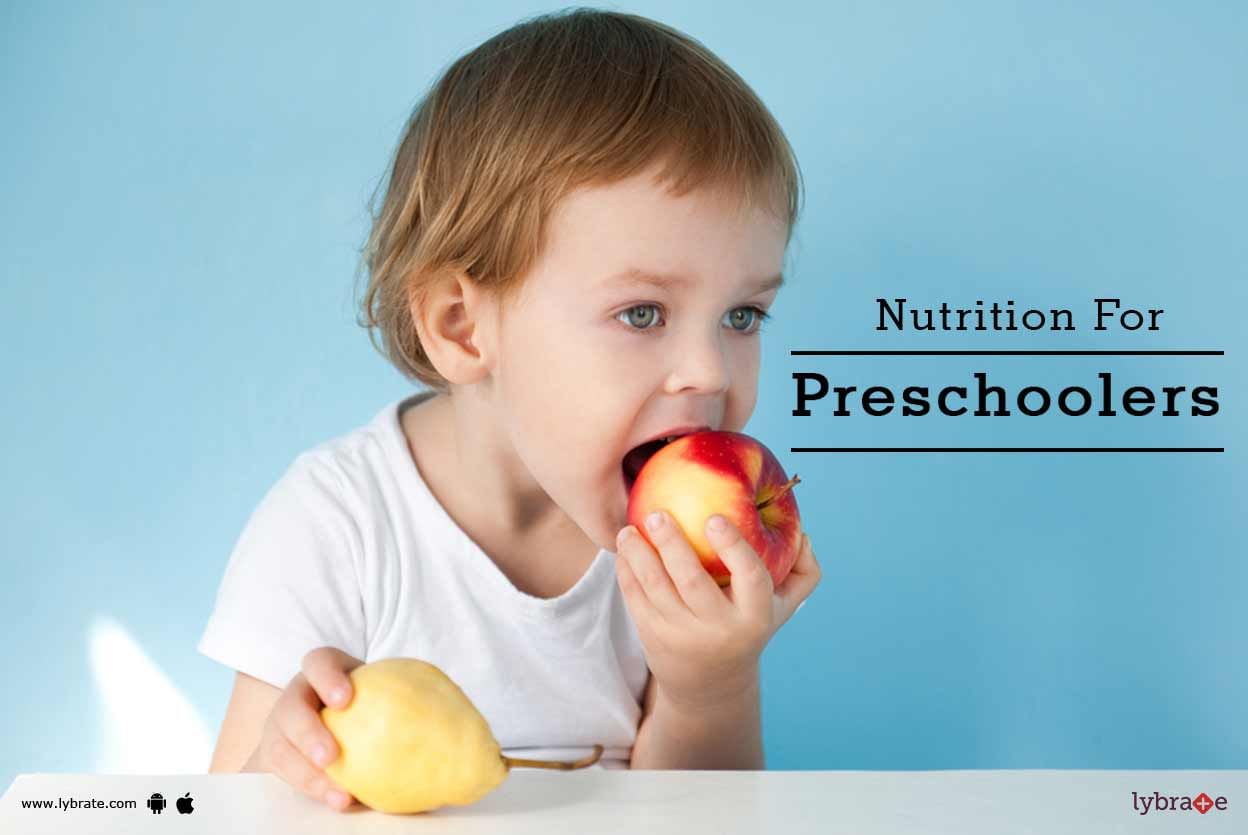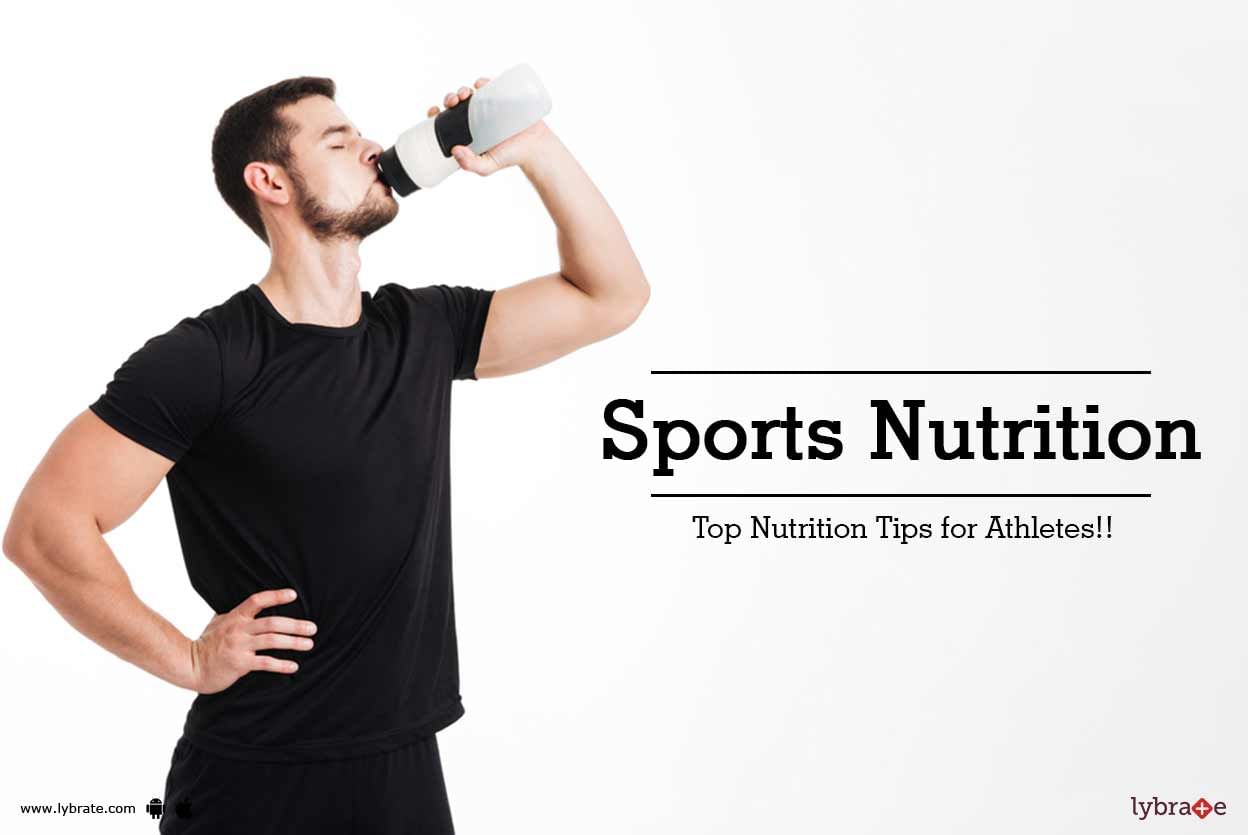Get the App
For Doctors
Login/Sign-up
Health Feed
Find Doctors
Health Packages
AllQ&AsTipsQuizzes
Infant Nutrition Health Feed
Last Updated: 6 years ago• Featured Tip
Share
Bookmark
Report
The Zika virus has been hogging the international limelight for some time. The virus and its effects on the human body are unique. It is known to cause microcephaly in infants born to infected mothers. Babies with microcephaly have small heads and abnormal eyes. This is the most highlighted features of Zika virus infection. However, it may also have a profound effect on the infected mother, though on rare occasions. It may precipitate Guillain-Barr syndrome. When people suffer from this syndrom...more
Last Updated: 5 years ago• Featured Tip
Share
Bookmark
Report
If you are obese, your raised bmi which means your (weight in kg. Divided by squate meter of your height) is bothering you then simple method is reduce the portion of your food. Select the plate for serving your food smaller than the regular one. This will help you to reduce the portion of the food served. Fill the half portion of the plate with fruits and vegetables and remaining half of the plate may be wiith the servings of your protein and carbohydrate needs. Another method is not to eat to ...more
Last Updated: 6 years ago• Featured Tip
Share
Bookmark
Report
It is often stated by doctors that a child's brain and body develop through good nutrition, and this starts even before they have been conceived. If you are planning for a baby, then it is a must to tune your body for infant nutrition, as healthy growth of the brain in a child begins much before conception. An example to support this is that, folic acid intake should be started 14 weeks before conception. Folic acid is considered to be helpful in the early functioning of the brain.
By the ti...more
By the ti...more
Health Query
Share
Bookmark
Report
Masters In Clinical Nutrition & Dietitic...read more
Dietitian/Nutritionist•Bangalore
Hello Lybrate user Sure ,we will help you
We have diet plan for infant from 6 month to 2 yrs.
Which include. To get ideal height and weight. How to intruduce food every month. Like grains, fruits, vegetables, nuts, pulses, etc so that they give achieve their ideal requirements of all nutrients. To cure deficiency of vitamins and minerals. To help them to build immune system strong and also cure digestive problem. How to introduce cow's milk at 1 year.
And many more. But before prescr...more
We have diet plan for infant from 6 month to 2 yrs.
Which include. To get ideal height and weight. How to intruduce food every month. Like grains, fruits, vegetables, nuts, pulses, etc so that they give achieve their ideal requirements of all nutrients. To cure deficiency of vitamins and minerals. To help them to build immune system strong and also cure digestive problem. How to introduce cow's milk at 1 year.
And many more. But before prescr...more
Asked for male, 46 years old from Delhi
Share
Bookmark
Report
Masters In Clinical Nutrition & Dietitic...read more
Dietitian/Nutritionist•Bangalore
Hello Lybrate user sure ,we will help you
we have diet plan for toddlers
which include. To get ideal height and weight. How to intruduce food every month. Like grains, fruits, vegetables, nuts, pulses, etc so that they give achieve their ideal requirements of all nutrients. To cure deficiency of vitamins and minerals. To help them to build immune system strong and also cure digestive problem. And many more. But before prescribing any thing we need some information like. Vitals.medical hi...more
we have diet plan for toddlers
which include. To get ideal height and weight. How to intruduce food every month. Like grains, fruits, vegetables, nuts, pulses, etc so that they give achieve their ideal requirements of all nutrients. To cure deficiency of vitamins and minerals. To help them to build immune system strong and also cure digestive problem. And many more. But before prescribing any thing we need some information like. Vitals.medical hi...more
13 people found this helpful
Last Updated: 7 years ago• Featured Tip
Share
Bookmark
Report
6 dietary dos and don'ts for pregnancy
Pregnancy is an important time in a woman's life. During this period, you need to be most conscious of what to eat, do and how to change everyday habits. Following these dos and don'ts will ensure a smooth pregnancy experience for you.
Dos:
1. Take your prenatal vitamin
If you have not yet started taking a prenatal vitamin, now is the time to start. It's particularly critical to get enough folic acid while trying to conce...more
Pregnancy is an important time in a woman's life. During this period, you need to be most conscious of what to eat, do and how to change everyday habits. Following these dos and don'ts will ensure a smooth pregnancy experience for you.
Dos:
1. Take your prenatal vitamin
If you have not yet started taking a prenatal vitamin, now is the time to start. It's particularly critical to get enough folic acid while trying to conce...more
Asked for female, 3 years old from Bangalore
Share
Bookmark
Report
Talk to a healthcare professional about whether your child need diet evaluation and management, because pediasure only is not going to solve your concerns. Regard this product if your child is younger than 2 years of age. Pediasure products are not intended for infants younger than 1 year of age. According to the american academy of pediatrics, in india age recommendation 2 year or above, infants under a year old should be breastfed or fed an iron-fortified infant formula.
Last Updated: 8 years ago• Featured Tip
Share
Bookmark
Report
Almost everything you eat and drink has an impact on your oral health, especially your teeth. This impact is not just due to the food's nutritional value, but also because parts of the mouth come in direct contact with the food that is taken. For example, if the teeth come in contact with a compound that has a pH value lower than 5.5, the enamel of teeth can get softened.
The following is a list of the foods, which are good for your teeth:
Dairy products: Milk and most other da...more
The following is a list of the foods, which are good for your teeth:
Dairy products: Milk and most other da...more
Last Updated: 6 years ago• Featured Tip
Share
Bookmark
Report
Preschoolers are active, bubbly, cute, spirited and adorable children (below 5 years). There are a lot of growth activities taking place inside their cells. They need a lot of nutrition to support such activities. Nevertheless, most of these preschoolers are pretty opinionated about eating. Some of them may even have grown a food faddism. At times, they may not eat anything at all. But one needs to add nutrition to their palate. How can a person do that? Let us see if this works.
Eating...more
Eating...more
Last Updated: 8 years ago• Featured Tip
Share
Bookmark
Report
Fellowship of the Royal College of Surge...read more
Orthopedic Doctor•Hyderabad
When it comes to athletes and sportsmen, merely having a balanced meal is not enough. Athletes burn much more energy than an average person and hence need to consume additional calories. Getting the right nutrition can make a big difference to an athlete s performance. To calculate the required calorie consumption, one must take into account the individual s height, weight, gender and level of physical activity. An athlete must pay special attention to three categories of foods; carbohydrates, f...more
Book appointment with top doctors for Infant Nutrition treatment
View fees, clinic timings and reviews
Ask a free question
Get FREE multiple opinions from Doctors
posted anonymously

















